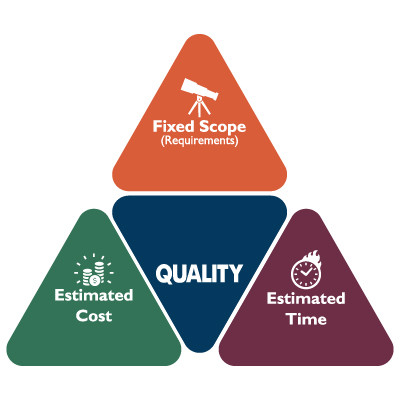Business leaders and decision makers have plenty to deal with… and that’s before factoring in all the problems and obstacles that pop up over the course of their normal operations, particularly when it comes to the technology their businesses rely on.
Naturally, a smart business owner would want their technology to be as reliable as possible, available without requiring conscious effort. As it happens, one of the modern options for IT support enables circumstances to be as close to this ideal as possible… but the other predominant option ultimately gives you more to worry about.




















